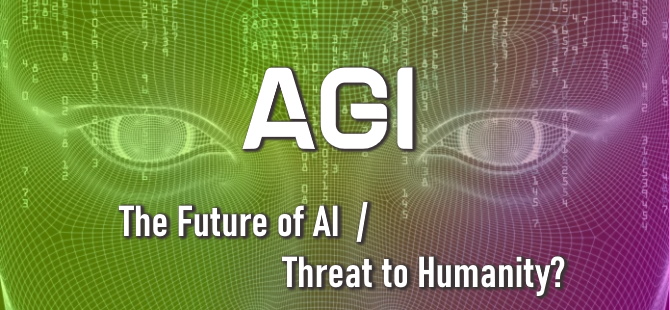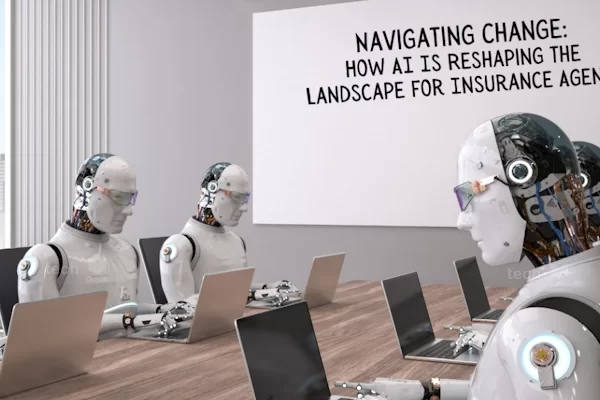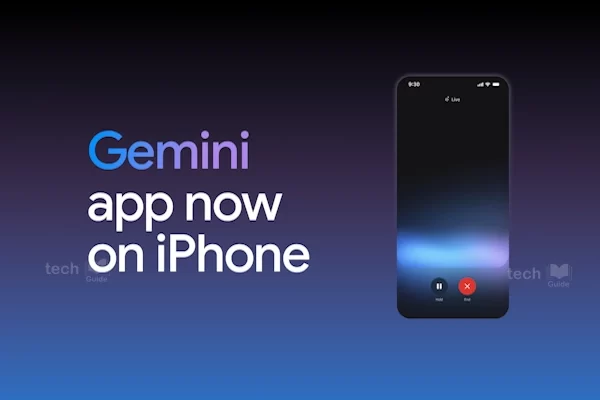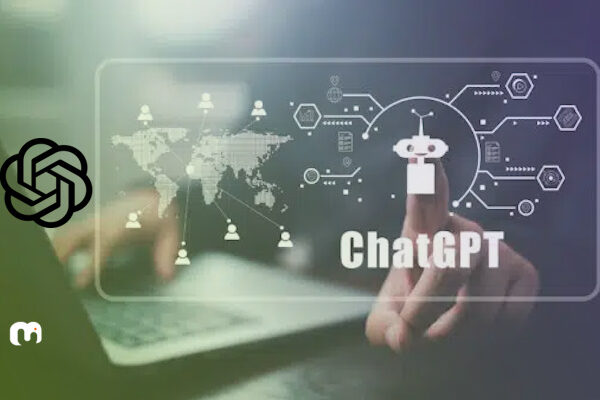
Imagine you happen to coexist with highly autonomous systems that outperform humans in most of your everyday work!
Artificial general intelligence (AGI) refers to the existence of a machine that can perform any intellectual task that a human being can, in an autonomous fashion. Unlike specialized AI systems that are designed to perform specific tasks (narrow AI), AGI would possess a broad range of cognitive abilities and be capable of learning, problem-solving, and adapting to new situations in the same way that humans do.
AGI is often seen as the next step in the evolution of artificial intelligence, beyond the current state of AI technology, which is primarily focused on narrow or specific tasks. The creation of such an AGI would require the model to be trained extensively in a range of fields, like computer science, neuroscience, psychology, philosophy and much more.
As per experts, there is no true AGI system yet, and few are skeptical that AGI will ever be possible. But looking at the recent developments, it makes us feel like this would happen any time soon.
“Microsoft researchers based on their investigation of an “early version” of GPT-4, observed that it exhibits “more general intelligence than previous AI models.” The breadth and depth of the capabilities of GPT-4, displays close to human performance on a variety of novel and difficult tasks. Could it be reasonably viewed as an early (incomplete) version of an Artificial General Intelligence?”
And when this happens, the performance of such a system would be indistinguishable from that of a human. They will have several abilities that include but not limited to, abstract thinking, background knowledge, common sense, thinking about cause & effect, and even transfer learning to others. However, the broad intellectual capacities of AGI would exceed human capacities because of its ability to access and process huge data sets at incredible speeds.
“As a matter of fact, AGI presents a range of potential risks & threats! It is VITAL to be increasingly cautious as we get closer to it”.
How about Artificial Superintelligence?
Researchers believe that once an AGI emerges, it will improve upon itself at an exponential rate, rapidly evolving to the point where its intelligence operates at a level beyond human comprehension. They refer to this point as the singularity, and some experts say it will occur even before 2045, at which stage an AI will exist that is “one billion times more powerful than all human intelligence today”.
With the recent developments in AI and the possibility of a near-future superintelligence has prompted some of the world’s most prominent scientists and technologists to warn about the risks posed by AGI. SpaceX and Tesla founder Elon Musk calls AGI the “biggest existential threat” facing humanity.
Theoretical physicist, cosmologist, and author Stephen Hawking warned of the dangers in one of his interviews back in 2014, stating “The development of artificial super intelligence could spell the end of the human race,” he said. “It would take off on its own and redesign itself at an ever-increasing rate. Humans, who are limited by slow biological evolution, couldn’t compete and would be superseded.”
But here are few important questions that needs to be answered before even we think about designing such a system.
- How to stop an AGI from breaking its constraints?
- Is it possible for humans to have control over AGI?
- Can AGI be engineered to be moral and ethical?
- Can AGI be conscious enough?
- Can AGI coexist with humanity?
Imagine what would happen if AGI were to prevail?
This could have profound implications on the way we live, work, and interact with each other.
- AI shall become the dominant form of intelligence on earth.
- Humans working alongside AI would be ineffective.
- AGI would be able to take over every role and human labor would become obsolete.
- AGI could accelerate technological progress at an unprecedented pace.
- AGI could assist researchers in making breakthrough discoveries in areas like climate change, particle physics, and the origins of the universe.
- AGI could become a challenge to regulate and hard to control their behavior.
- AGI systems may create unintended consequences, causing harm to humans if it is not programmed with ethical constraints.
- AGI systems may be susceptible to biases and discrimination, in case if they are trained on biased data.
In conclusion, the potential risks and threats of AGI are significant than its benefits. It is important to proceed with caution and care in developing intelligent systems. The development of AGI should be guided by principles of safety, transparency, and ethical responsibility to ensure that it is used for the benefit of humanity.
Thanks for Reading. Stay Tuned!

Look forward to connecting with you!
Finally, “subscribe” to my newsletter, so that you get notified every time when I publish.
Check out some of my videos here, and do subscribe to my channel.






